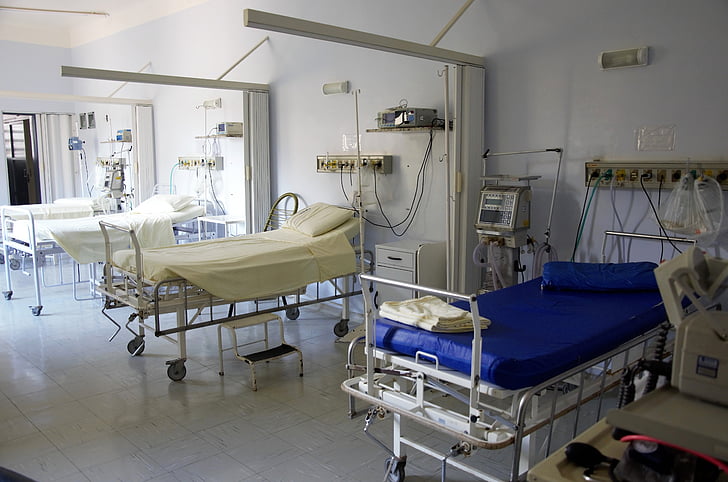What you need to know about post-surgery procedures before lying on that surgical bed
With every type of surgery comes a different method of recovery procedures known as postoperative care. Depending on your health history, this type of medical nourishment ranges from pain management down to fresh wound care. According to bjcohen.com, a well-renowned site for one of the best cosmetic surgeons, post-surgery procedures are just as majorly crucial as the surgeries themselves and thus have an essential influence on the outcome of the processes.

As it begins immediately after a surgical procedure, postoperative care not only lasts your bedridden duration in hospital but instead extends to your home after being discharged. This process helps curve the chances of potential side effects and complications that may spring up from your surgery. For more information check healthgaintips.com
You need to be well prepared before your surgery
Patients who have decided to indulge themselves in plastic surgery procedures need to be fully aware of how important it is to maintain a constant and safe postoperative care before the surgery even begins. This requires you to ask as many questions as possible regarding your after-operation maintenance to ensure you get a clear grasp of what is expected of you even after a successful surgery.
Plastic or cosmetic surgery is just like any other standard medical procedures and therefore prone to risks such as infections from wounds, blood clots from inactivity, or even excessive bleeding during the surgeries. Cutting any part of your body open to try and reconstruct or enhance it isn’t as easy as it sounds, and therefore, challenges may arise.
Your doctor should be able to carefully explain what the postoperative care entails and also teach you about the possible complications that may or may not arise from the type of surgery you’re about to undergo and therefore, ways in which such obstacles can be dealt with medically.
Types of post-surgery procedures
In the hospital
This type of postoperative care occurs immediately after the surgery, and it involves you being moved to the recovery room for your progress to be monitored. Hospital staff will, at this moment, be able to check on your temperature, blood pressure, pulse and breathing as well to determine the state of your body after the surgical procedure. Once they can ascertain your stability and normal body response to medication, you will then be moved to a ward where you will finalize on your recovery as you await your discharge process to begin.
At home
Just because you have been discharged from the hospital doesn’t mean you have fully recovered. It merely implies that you are now strong enough to continue with the postoperative care on your own without the help of nurses.
Remember, the doctor is always right, down to the very last pill in your prescription form. It is, therefore, crucial to heed the doctor’s instructions after leaving the hospital for he will have walked you through the necessary steps you need to take to full recovery.
Final thoughts
Take your medication as prescribed, strictly maintain the follow-up appointments, and most of all, don’t give in to what your body desires but follow the doctor’s advice. Remember to contact him/her in the case of any complications that may turn up and if you may require assistance, ask them to suggest the best caregiving service possible when no family member is available.
With your full attention and focus on proactive care, your recovery is sure to be smooth and with satisfying results.